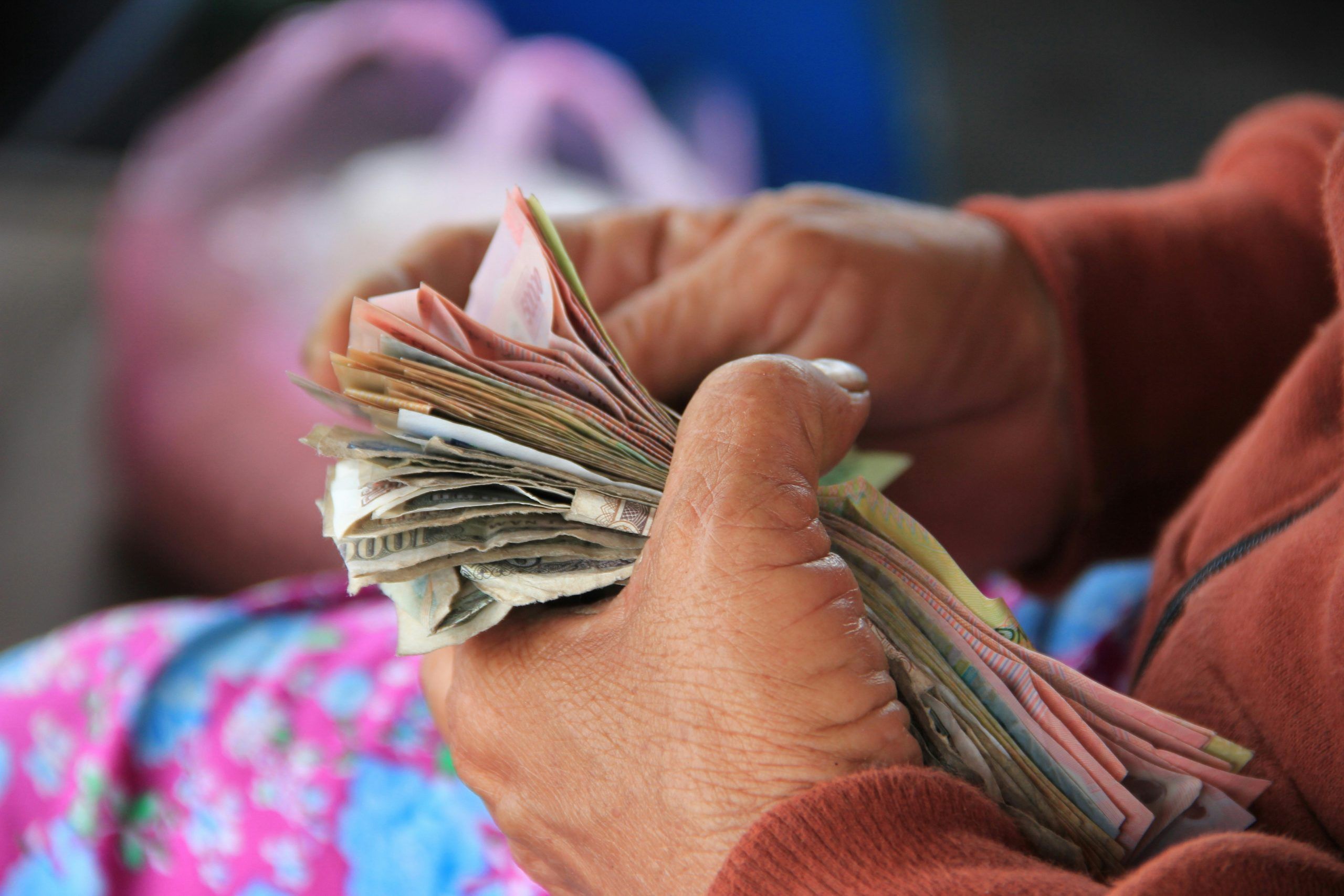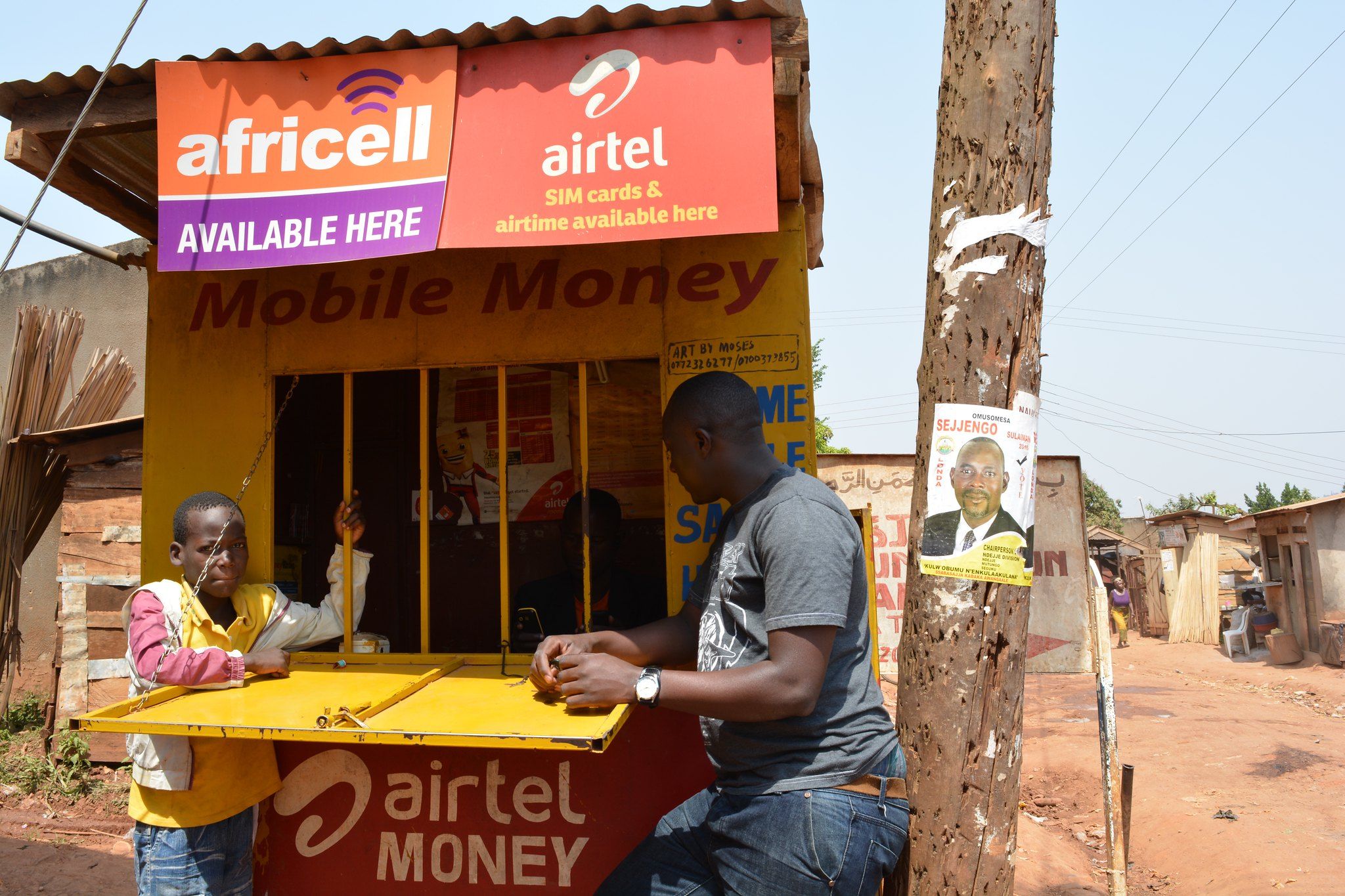Africa is at the forefront of the mobile money revolution, with countries like Kenya leading the way with innovative digital payment solutions.
As mobile money services continue to boom in Africa, people must have the necessary knowledge and skills to effectively access and use these services.
Recent studies by GSMA have shown that sub-Saharan Africa has more than half of the world’s mobile money accounts, with daily transactions amounting to $3.5 billion in 2023. However, data from UNESCO suggests that digital literacy rates in some African countries are low, with less than 30% proficiency in certain regions, highlighting the need for intervention in this critical area.
This article examines the influence of mobile money on the African economy and emphasizes the significance of enhancing digital literacy to ensure widespread access to its benefits and economic growth opportunities.
What is mobile money?
Mobile money, a technology that allows money to be stored and exchanged through mobile phones, has transformed the economic landscape in Africa, providing unprecedented financial access to millions and a solid alternative to bank accounts.
Services like M-Pesa in Kenya and MTN Mobile Money in Ghana have become household names, offering a range of services from simple mobile money transfers to more complex financial transactions, all without the need for a traditional bank account.
The increase in mobile financial services has provided banking access to even remote communities, offering important economic support in areas with limited banking infrastructure.

Photo by Niels Steeman on Unsplash
The impact and importance of mobile money
Mobile payments are unlocking doors to the digital economy and economic growth, offering a powerful alternative to traditional bank accounts.
With mobile money, a farmer in a village in Zambia can now sell his harvest in the next town over, eliminating the need for risky physical cash transport.
A family member working in Nairobi can send instant payments home via their mobile phone to cover urgent hospital bills, ensuring their loved ones receive the care they need without delay.
A community health worker in Mozambique can receive timely stipends, allowing them to continue their vital work.
Mobile wallets provide access to financial services, but some individuals may struggle to use them fully due to limited digital literacy. People living in rural or underserved areas may have difficulty effectively using these services. This can result in missed economic opportunities and heightened vulnerability to fraud.
The true potential of mobile money services lies in their accessibility and user-friendly nature. Using the same simple mobile phones you can access mobile money on, Viamo has collaborated with partners to address the digital literacy gap and promote economic development.
Tackling the digital literacy gap
Viamo leverages voice technology to deliver educational content on how to use digital wallets safely and effectively. These services are designed to be accessible even on the most basic mobile phones, requiring no internet access.
By using local languages and dialects, Viamo ensures that its solutions resonate with a broad audience, breaking down complex financial concepts into understandable and actionable information.
Viamo’s voice-first services offer step-by-step guides, tips, and even quizzes to reinforce learning. This hands-on approach not only enhances digital literacy but also builds user confidence in navigating mobile money platforms.
Through the Viamo Platform, Strategic Impact Advisors (SIA), rolled out a digital training in six African countries with the goal to increase women’s confidence in managing their mobile finances. The “Hey Sister!” program provides financial literacy lessons, helping women navigate the mobile money market.
Covering topics from setting up accounts to safeguarding against fraud, lessons were recorded in 16 different languages and disseminated freely via Viamo’s Platform.
”Even though I registered for mobile money three years ago, I had very little knowledge about it. With this training, I can also train the women groups in my community. I am very happy about this digital financial literacy education for women.
Sulemana Sekena, NabayiliSEND Ghana group participant
In 2018, Opportunity International partnered with Viamo on a strategic initiative to enhance customer savings balances and engagement across Ghana.
The campaign effectively engaged around 37,000 customers through personalized voice messages over a period of six months. Customers who took part in at least six out of ten weekly calls saw their mobile savings balances almost double, reaching an average of $13 USD compared to $7 USD for those who only participated in two or fewer calls. This shows that using mobile engagement can help people change their financial habits and save more money.
The future of the mobile money market
While mobile money is booming in Africa, there is still a significant need for improving digital literacy to ensure that everyone can fully access and utilize these services.
Viamo’s voice-first services are crucial in bridging this gap and helping people, especially women, to confidently manage their finances through mobile money platforms.
By addressing the issue of digital literacy, we can unlock the full potential of mobile money in driving economic development and financial inclusion across Africa.




